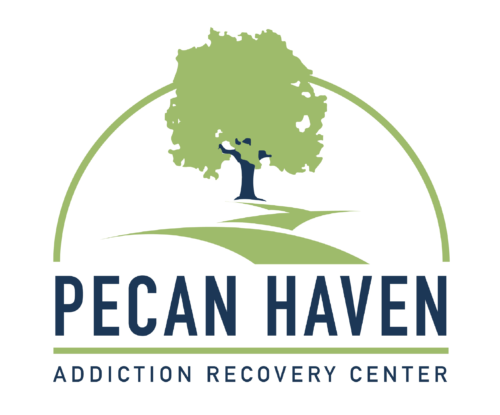Heavy alcohol consumption is an all-too-normalized part of our culture. It’s common to see social media posts about friends or coworkers engaging in what doctors would consider binge drinking activity on a regular basis. Drinking alcohol, for some, even becomes an integral part of their personal identity– we see it with “wine moms” and “craft beer guys”, for example.
Much of this behavior might seem harmless. But alcohol consumption, when excessive and prolonged, can wreak havoc on various organs in the body, with the liver taking the majority of the damage. There are plenty of physiological effects of alcohol on the liver, and it’s important to recognize and address signs of liver damage in order to prevent alcohol-related liver disease.
Physiological effects on the liver
One of the early responses of the liver to excessive alcohol intake is inflammation.
“Inflammation” has become something of a buzzword in wellbeing circles; it’s used as a catch-all term, and many substances claim to cure inflammation in the body. These substances are often dubious in terms of efficacy, but inflammation is a problem with noticeable symptoms when it affects the liver.
The liver itself does not have any pain receptors, so inflammation within the liver may not cause direct pain. However, inflammation of the liver can cause the liver capsule (another name for the connective tissue surrounding the liver) to stretch, leading to discomfort or a feeling of fullness in the upper right abdomen.
An inflamed liver may cause fatigue and weakness in addition to affecting the liver’s ability to produce bile– which may lead to digestive issues like indigestion, nausea, or changes in bowel movements.
The liver processes alcohol, but chronic exposure to alcohol triggers an immune response, leading to inflammation. Persistent inflammation can pave the way for more severe liver damage.
Fatty liver
Alcohol disrupts the normal breakdown of fats in the liver, leading to the accumulation of fat molecules. This condition, known as fatty liver disease, can be reversible if alcohol consumption is ceased or reduced. However, continued excessive drinking may progress the condition to more severe stages.
Cirrhosis
The most advanced stage of alcohol-related liver disease is cirrhosis. Chronic inflammation and scarring replace healthy liver tissue, impairing the liver’s ability to function. Cirrhosis is irreversible, emphasizing the critical need for early intervention.
Risk factors and early intervention
While excessive alcohol consumption is the primary risk factor for alcohol-related liver disease, there are a few factors that can increase the likelihood of developing liver disease, like genetics, coexisting liver conditions, and the duration and quantity of alcohol intake.
Early intervention is very important when mitigating liver damage. When conditions like fatty liver disease are identified in their early stages, they can be reduced with lifestyle changes. Medical professionals will be able to help with assessing risk factors, monitoring liver health, and guiding individuals toward healthier choices.
Symptoms and signs of liver damage
Because the liver itself doesn’t exhibit pain sensations, it can be hard for individuals to recognize early signs of damage. Some symptoms may include fatigue, unexplained weight loss, abdominal pain, and jaundice.
As damage progresses, more visible signs may emerge, like swelling in the abdomen, enlarged blood vessels, and easy bruising. These signs indicate advanced liver disease and– especially if you notice them in someone who drinks excessively– should prompt immediate medical evaluation.
Seeking professional help
Understanding the way that alcohol addiction affects the liver emphasizes the importance of seeking professional help. The liver is capable of healing, and with abstinence from alcohol, recovery from liver disease is possible, especially if it was caught early.
If you or someone you know is struggling with alcohol addiction, seeking professional help is the first step towards recovery. Medical professionals can provide personalized guidance, recommend appropriate interventions, and monitor liver health.
At Pecan Haven, we’re here to help you get your life back on track. If you’re struggling with alcohol addiction, the right time to seek treatment is now. For immediate assistance, please call us– or fill out our online assessment to get started.
